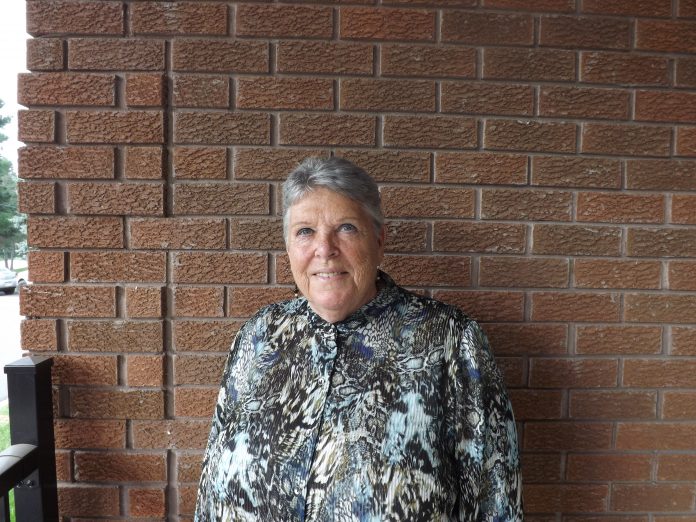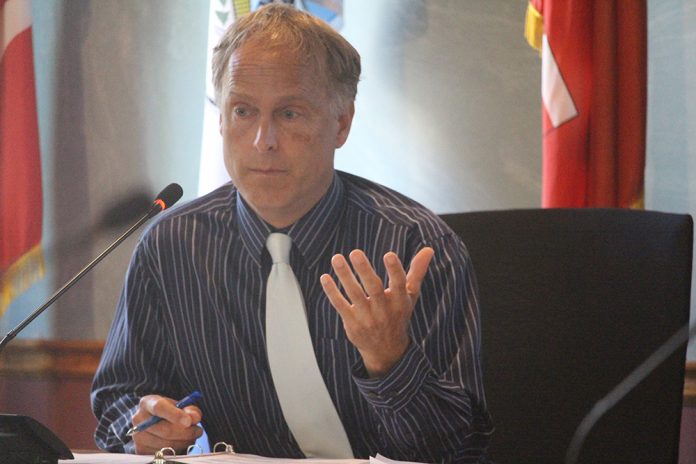Haliburton County Development Corporation (HCDC) will use up to $50,000 in provincial government money to commence studies in hopes of bringing 40 student housing units to the college.
HCDC executive director Patti Tallman told The Highlander on Tuesday, they’re working with Greg Bishop of KOB North Lake Holdings on the project. Bishop first pitched student housing to Dysart et al council last fall.
The province announced HCDC is getting up to $50,000 under its rural economic development (RED) program, while the County of Haliburton is getting up to $20,000 for food tourism initiatives.
Tallman said in their case, “the project will see the development of studies of the sewer services and property easements to enable services to be connected to the municipality’s sewer systems.”
She said it will include professional services for design drawings and municipal approval processes which will require consultants, legal and planning costs.
“The funding is available now so once costs have been incurred expenses can be reimbursed,” Tallman said.
She added that the outcome will be building design and drawings, plans and approvals to be put in place
“We are very grateful for the opportunity to work with KOB North Lake Holdings to investigate the feasibility of a student residence next to the Haliburton campus. A student residence would be an incredible asset for our community,” Tallman said.
On Nov. 27, 2018, Bishop told Dysart et al staff and councillors the project would require the severance of nearly three hectares of property from a nearly 16-hectare lot off of College Drive near Glebe Park, an easy walk or bike ride from the campus, where lack of student housing has been an ongoing issue for years.
The RED program is aimed at helping rural and indigenous communities attract investment, create and keep jobs and boost economic development.
County Warden Liz Danielsen said for their part, “The County of Haliburton has been working on the development of food tourism, in support of many local businesses for the past several years.
“With the funding from the Rural Economic Development program, we will be able to launch a number of exciting programs in the back half of 2019 and support a contract position as well. It’s an exciting and delicious time for the Haliburton Highlands.”
Harvest Haliburton hosted a food and agriculture economic development forum in Minden on March 5 to discuss a growing local industry.
Ernie Hardeman, minister of agriculture, food and rural affairs, which oversees RED, said, “our government’s priority is to create jobs and economic growth in every corner of the province. We have updated the Rural Economic Development program to better align with our commitment to supporting rural Ontario and focus on projects that will bring real benefits to communities.”
Applications to the updated program are now being accepted until Sept. 9, 2019.
It has two new project categories: an economic diversification and competitiveness stream: projects that remove barriers to business and job growth, attract investment, attract or retain a skilled workforce, or strengthen sector and regional partnerships and diversify regional economies; and strategic economic infrastructure stream: minor capital projects that advance economic development and investment opportunities.
All program details, including the program guide and application form, are available online at ontario.ca/ REDprogram.









